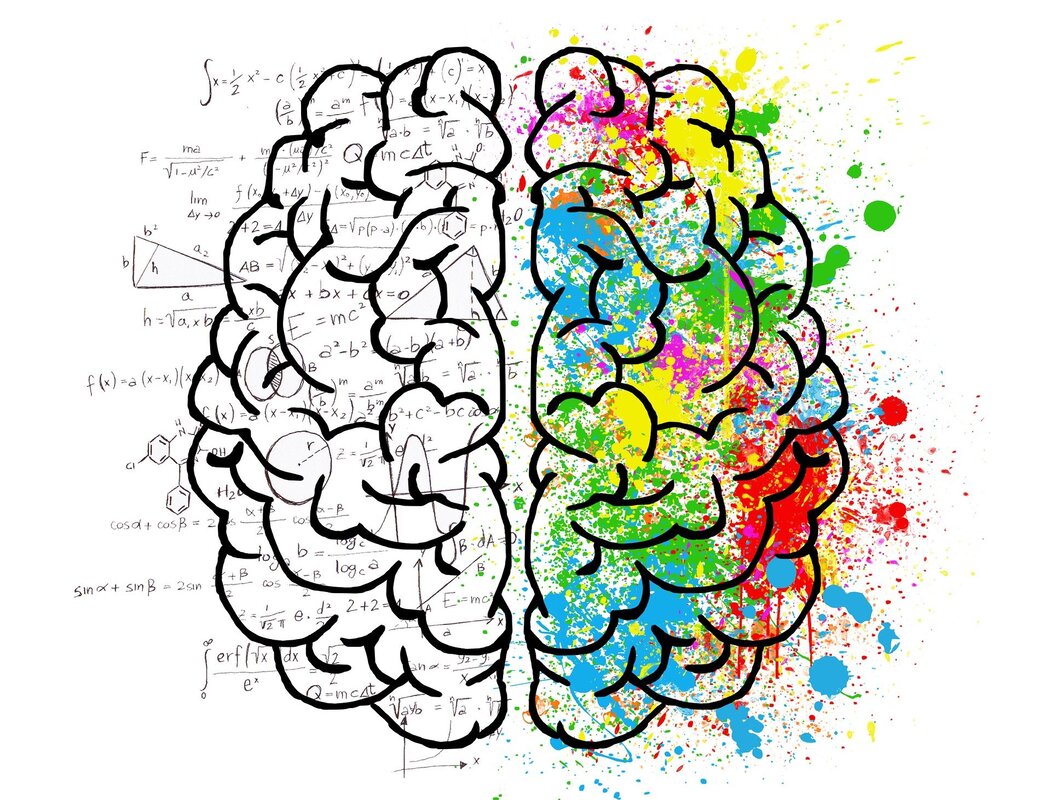 We all know exercise is good for the body, but are you also exercising your brain? If ‘gray matter’ matters to you, do you rely on brain-training apps to keep your mind sharp? The MCG team has looked into research conducted on brain-training apps and cognitive decline prevention, and these some the science-based findings that I thought you might find interesting. While there are dozens of apps that promise to sharpen memory, improve cognitive function, and hone attention and focus, scientists say that such claims may be exaggerated. According to the scientific community of the Stanford Center on Longevity and the Berlin Max Planck Institute for Human Development, there is no compelling scientific evidence that brain games reduce or reverse cognitive decline. While it is true that some brain games may improve specific aspects of behavior and can even change related brain structures and functions, they do not always translate to enhanced real-world broad abilities. When people perform a particular brain game, their performance on that specific task does improve. However, it does not lead to a general improvement in memory, thinking, or problem-solving. For example, doing crossword or Sudoku will make you good at doing those puzzles, but it doesn’t improve overall brain function. Although scientists say that cognitive-enhancement games are no magic bullet, many app users consider such games to be great brain boosters. A 2016 study published in the Proceedings of the National Academy of Sciences (PNAS) suggests that the positive results from brain games may be explained by a placebo effect. However, some studies on the efficiency of computerized tasks do inspire hope. Findings from the COGITO Study reveal that younger adults who practiced 12 different tasks for 100 days showed general improvements in their abilities of reasoning and episodic memory – and some of the positive changes were seen two years following the study. In other studies, older adults have reported that they felt better about everyday functioning after cognitive training. And the greatest news is, that because our brain is remarkably plastic, even an aged brain has a capacity to change. In the article titled The aging mind: neuroplasticity in response to cognitive training (see article), Denise C. Park says that the human mind is malleable throughout the life span. By training your brain like a muscle, you can reverse its decline. What’s more, ‘brain fitness‘ can be enhanced with physical exercise, learning something new (like a foreign language), and new experiences. So what do we make of all of this contracting evidence on training the gray matter in our brains? Our conclusion, for now, is that brain training games won’t do any harm but if you’re looking for a real boost, find experiences/activities that are intellectually challenging and do not become a rote process. What’s your experience using brain training apps?
0 Comments
Your comment will be posted after it is approved.
Leave a Reply. |
AuthorLaura Mendelow |
|
|
©2020. All Rights Reserved. Mendelow Consulting Group, LLC.

